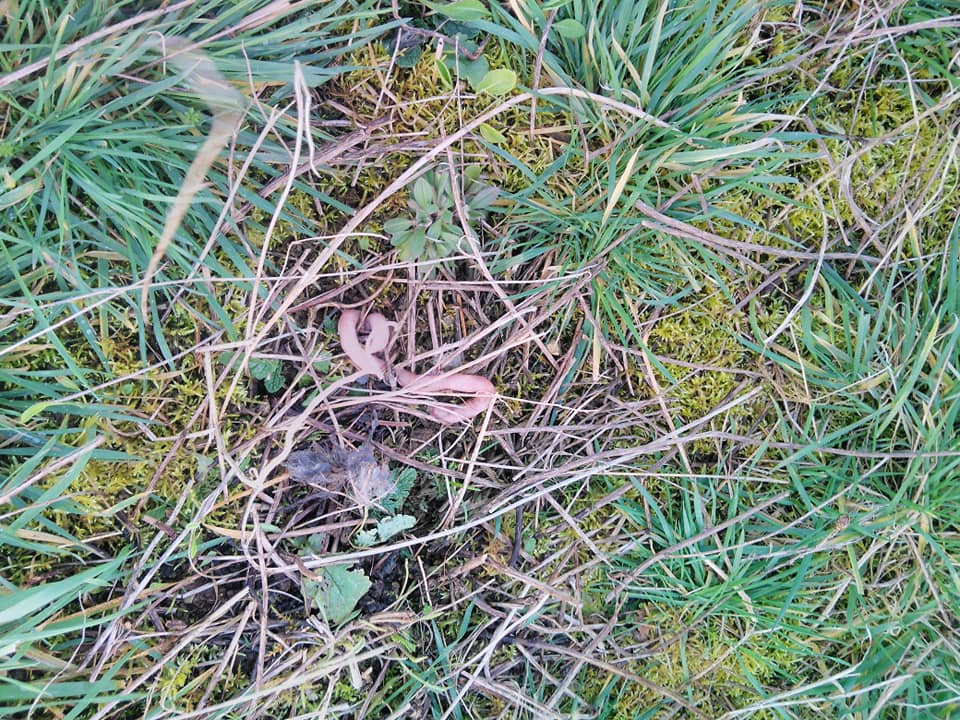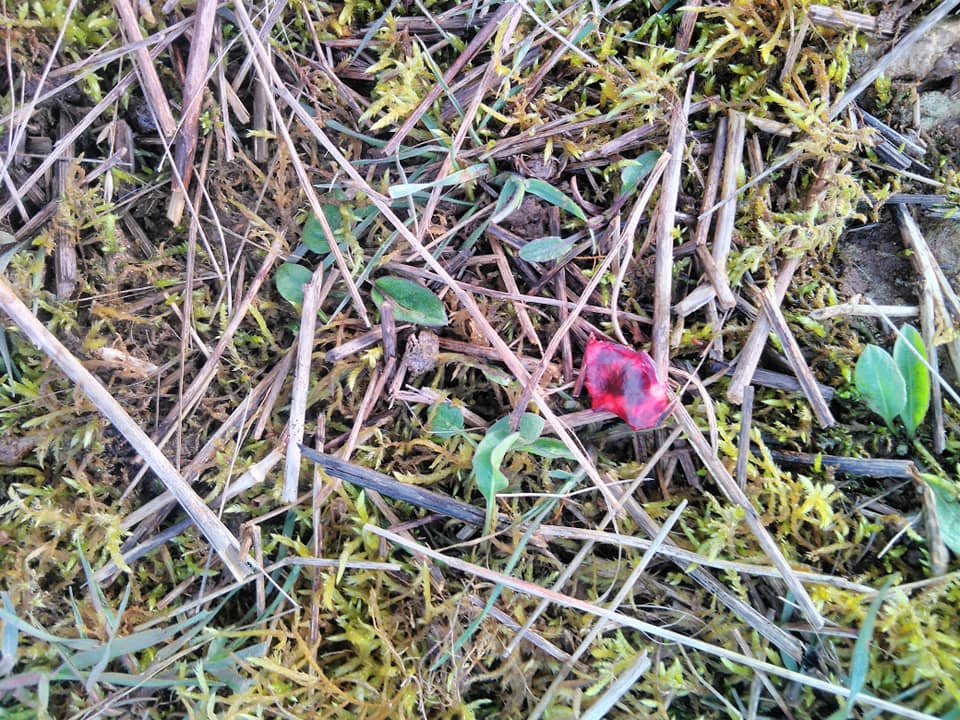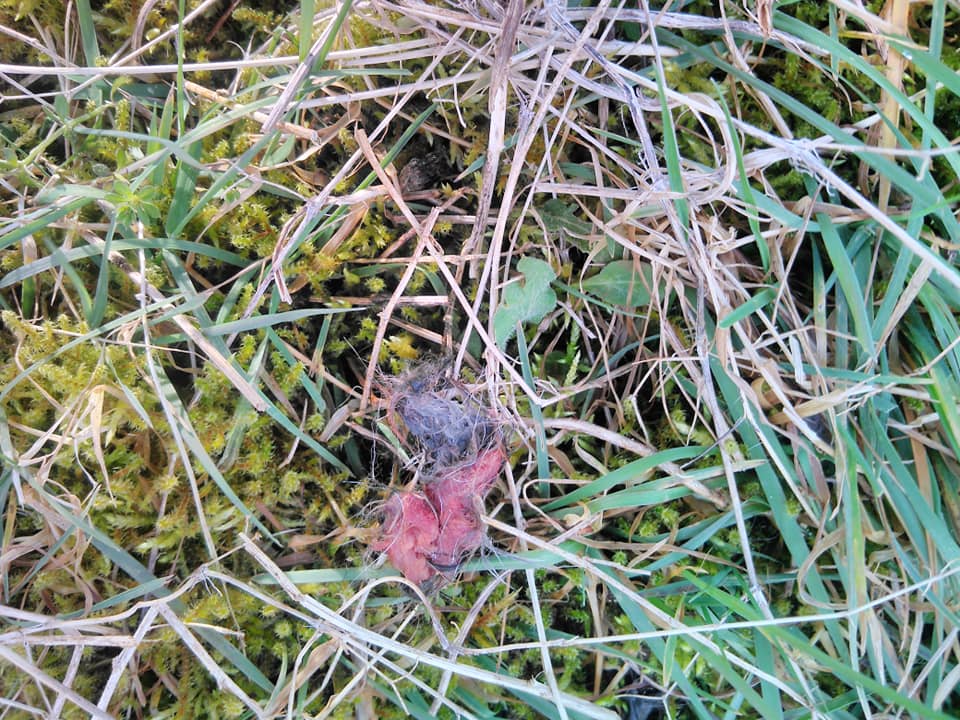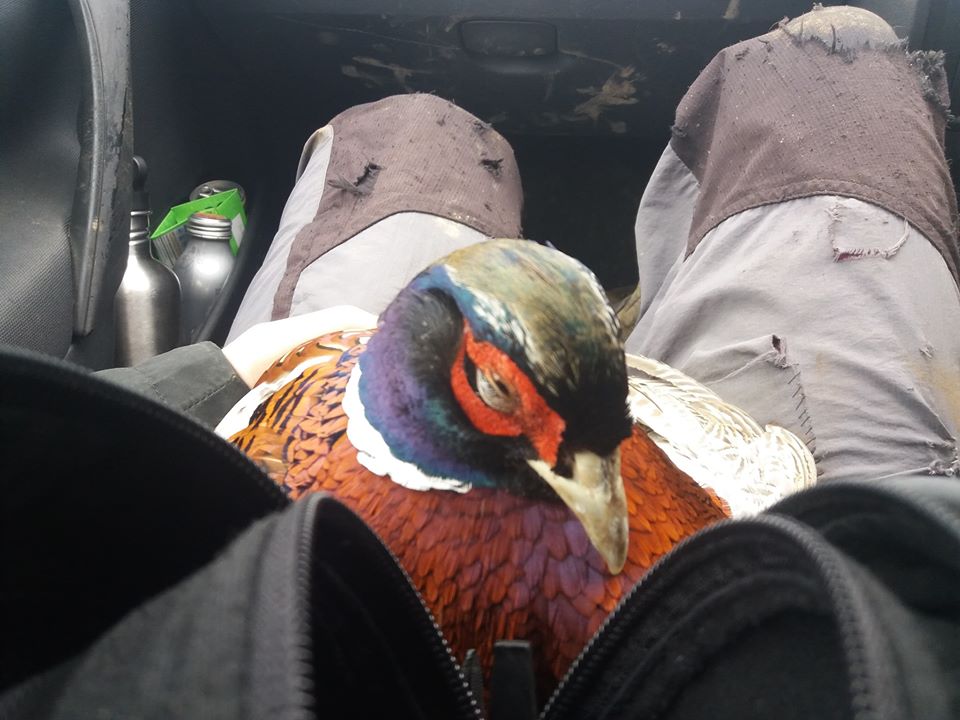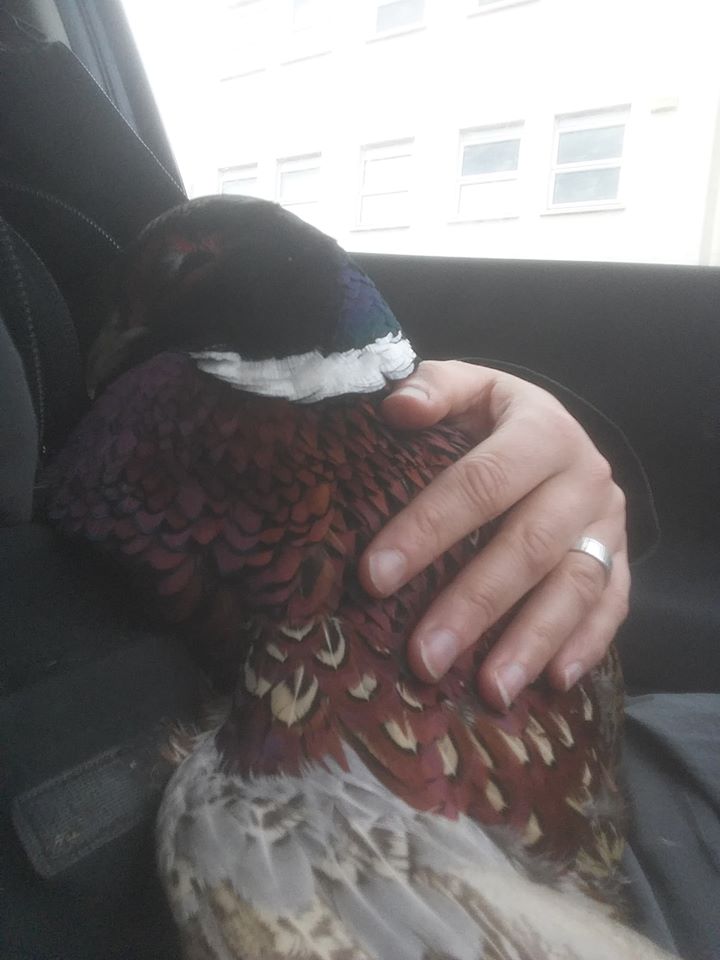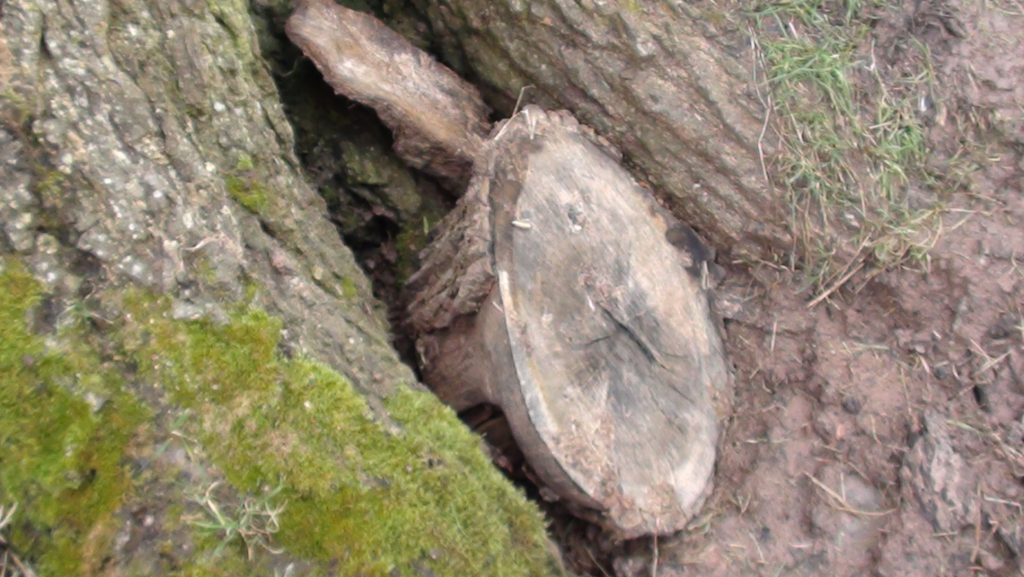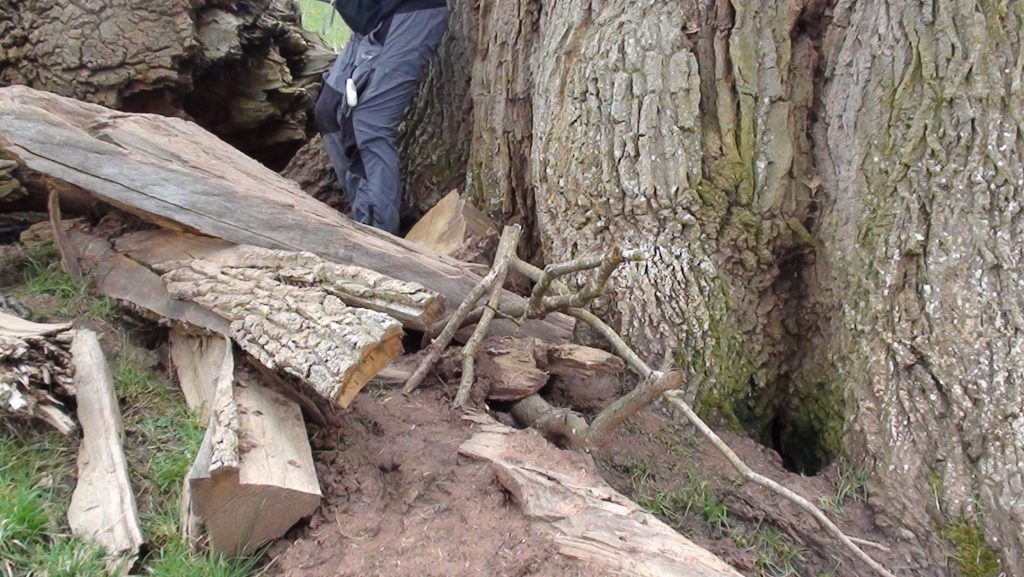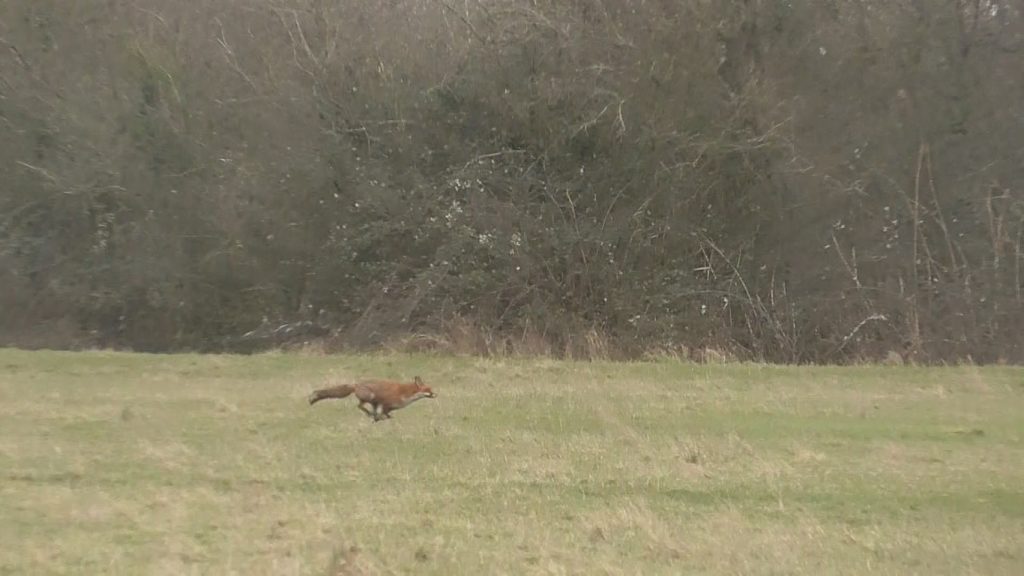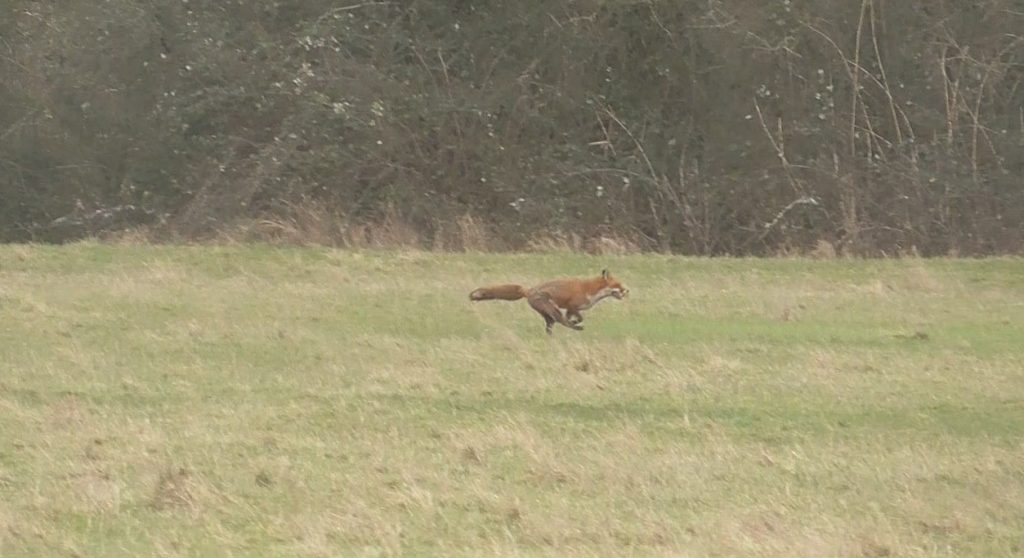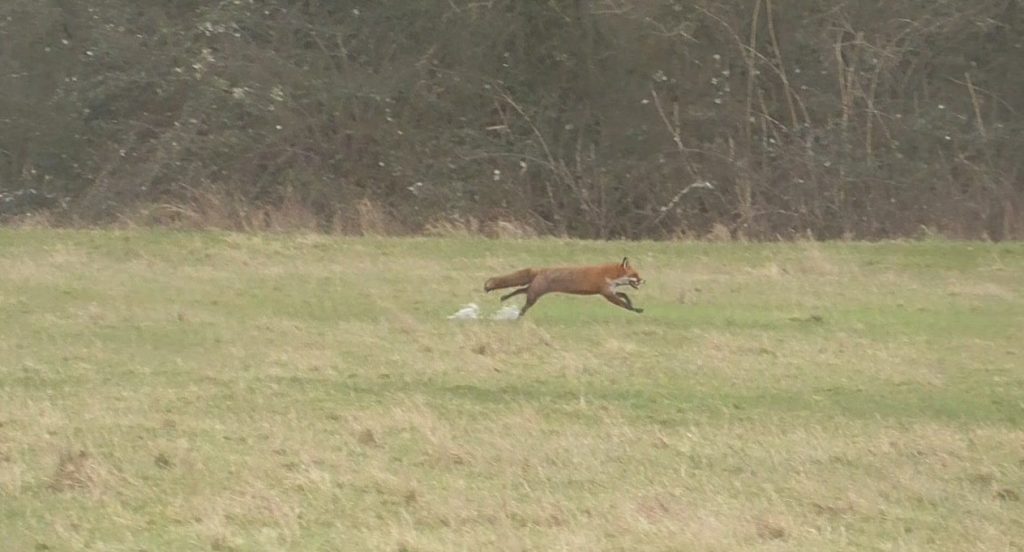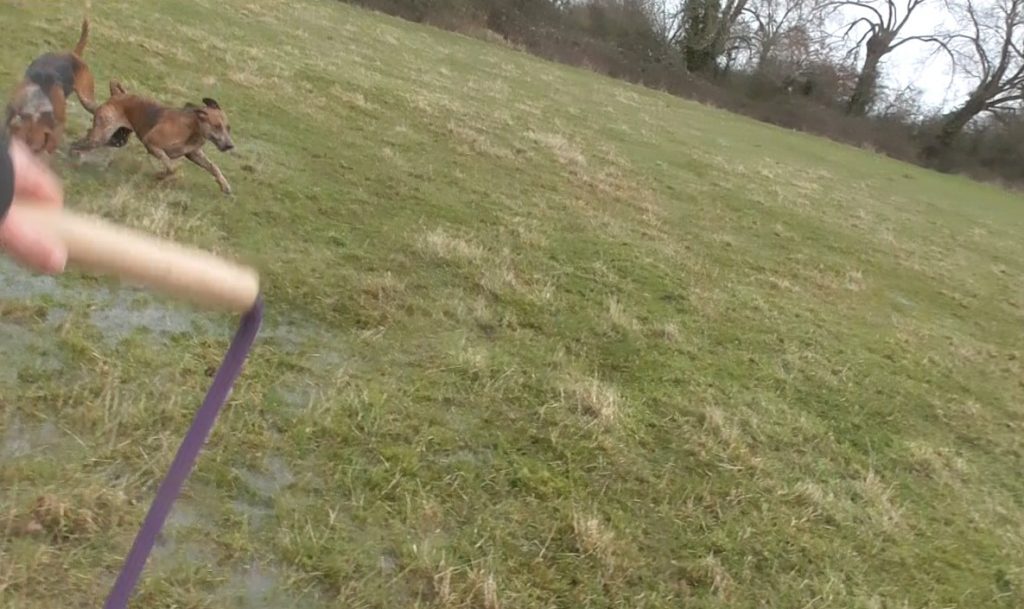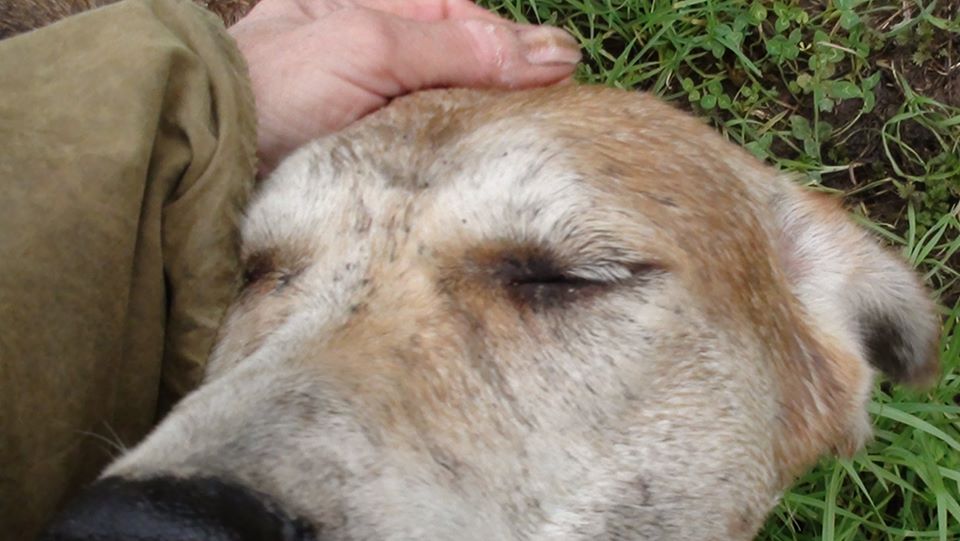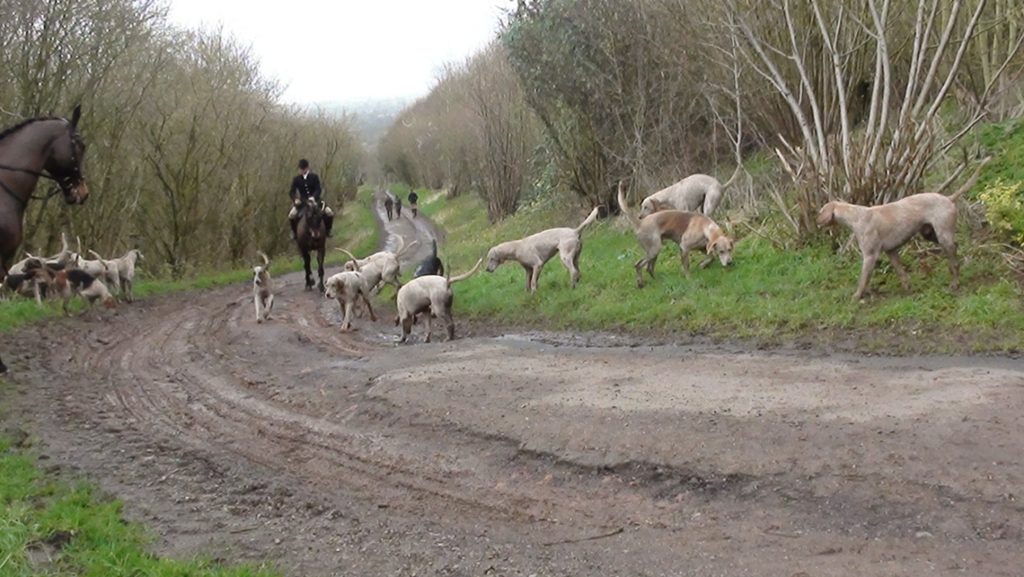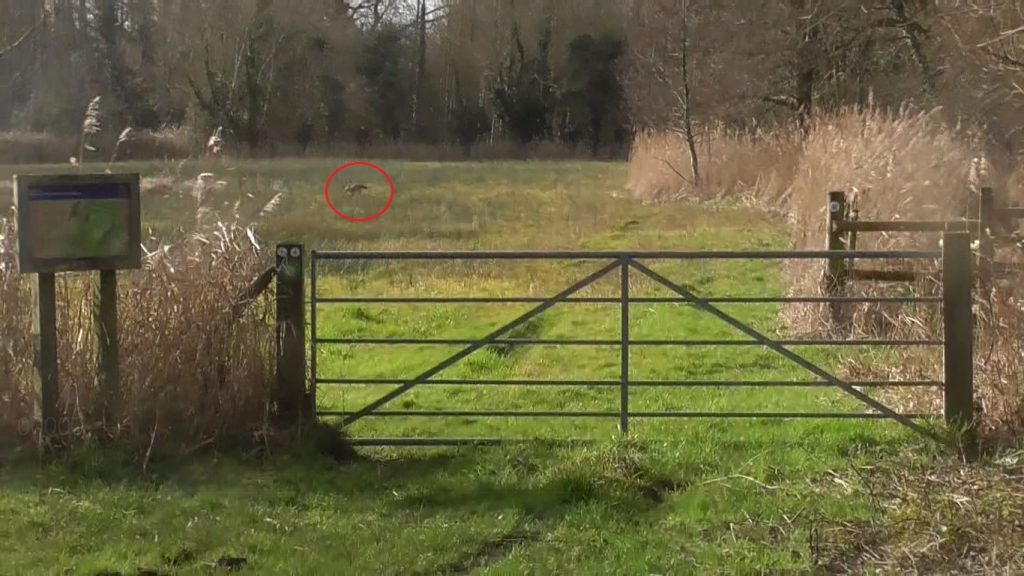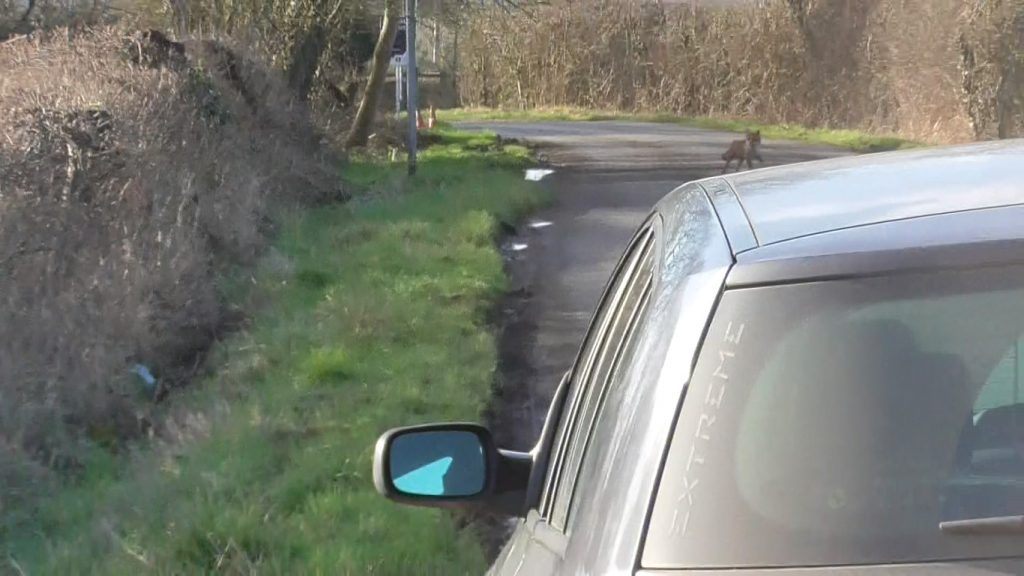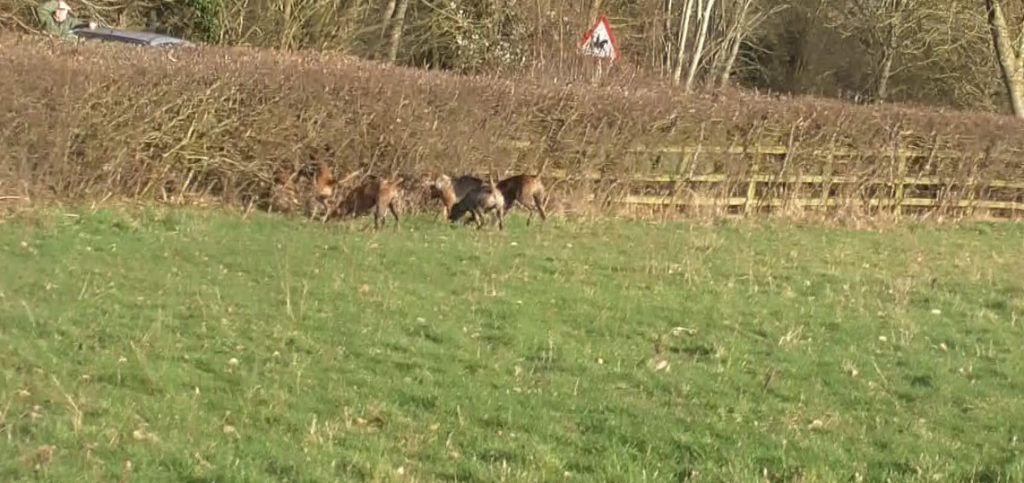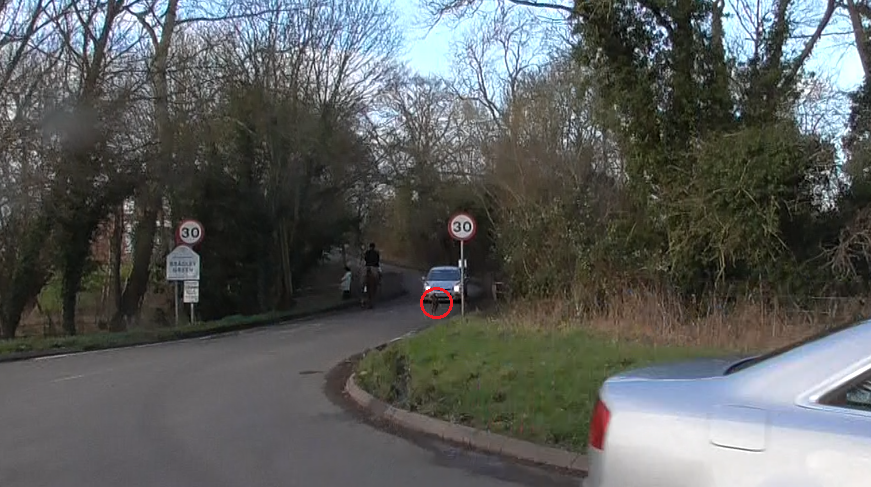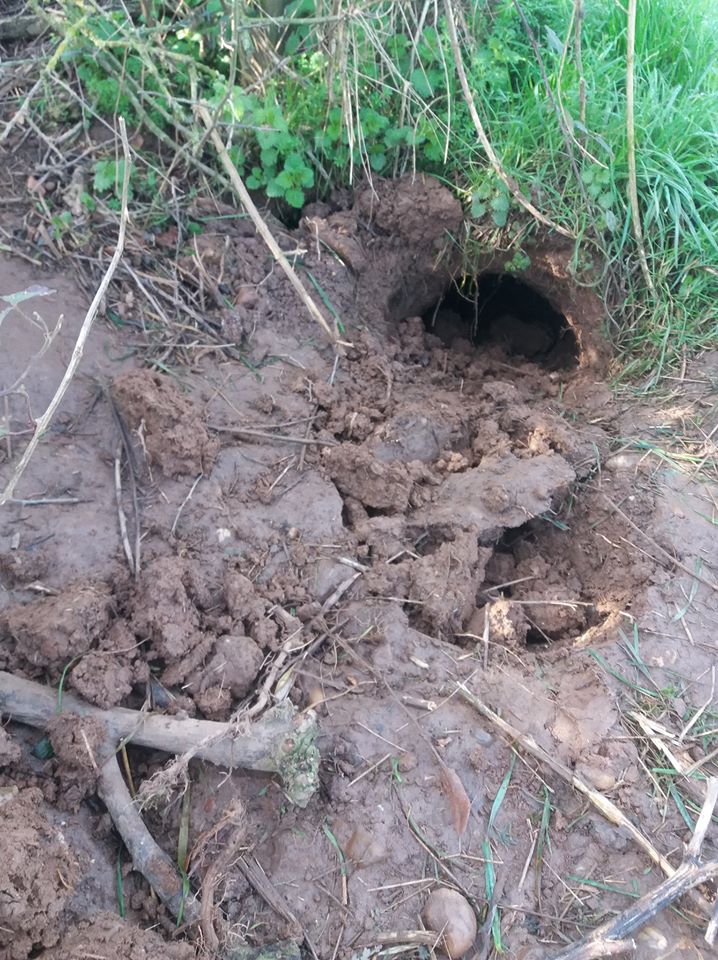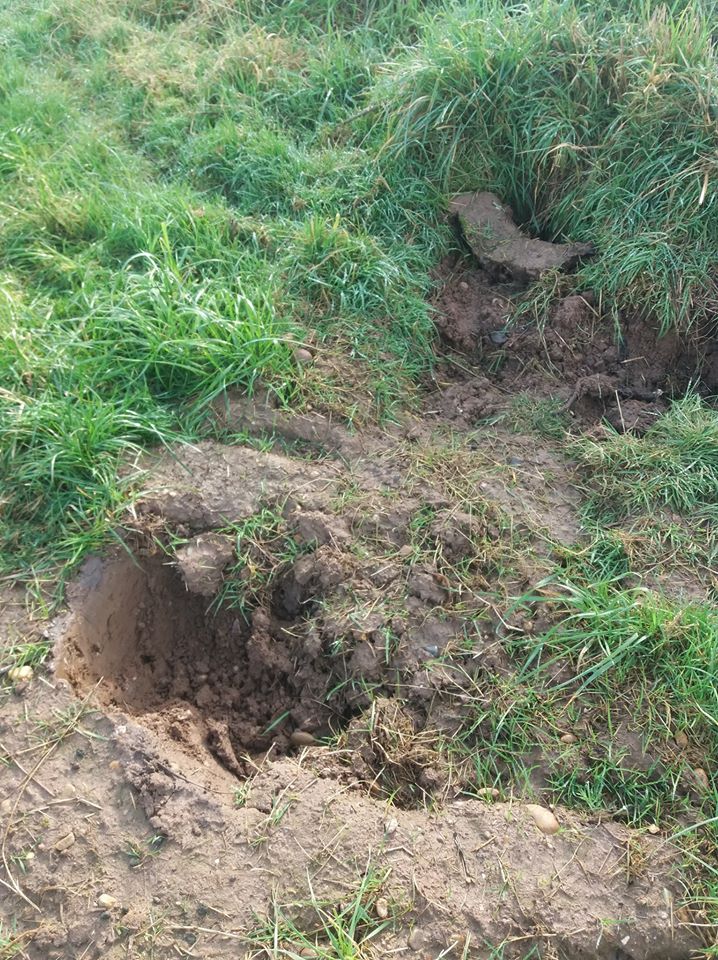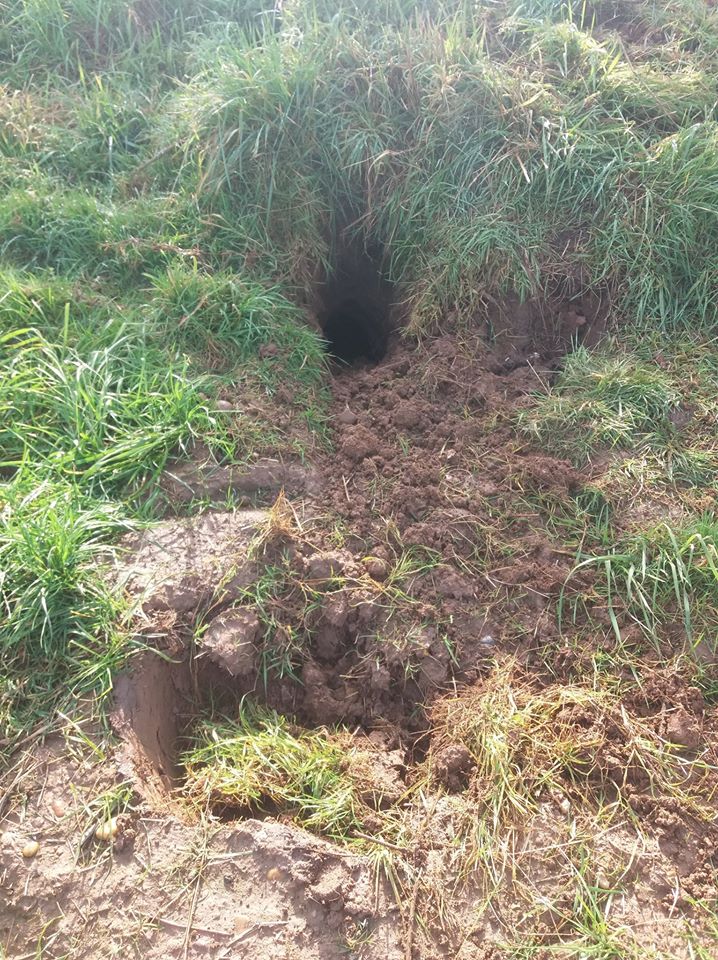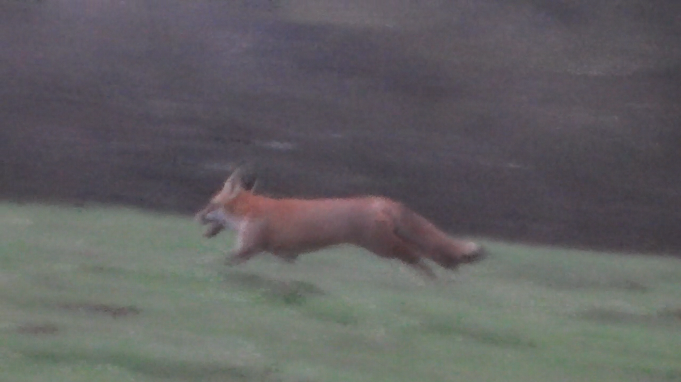On 5th March 2020 the news reported that the government would be ‘phasing out’ badger culling in favour of vaccines and other (mainly cattle-based) measures. This news, while obviously welcomed by anti-cull campaigners, was not quite as it sounded at first and caused some confusion as to what would actually be happening, with some people believing that culling had ceased entirely.
We have written the following brief article in collaboration with the rest of the team at Gloucestershire Badger Office.
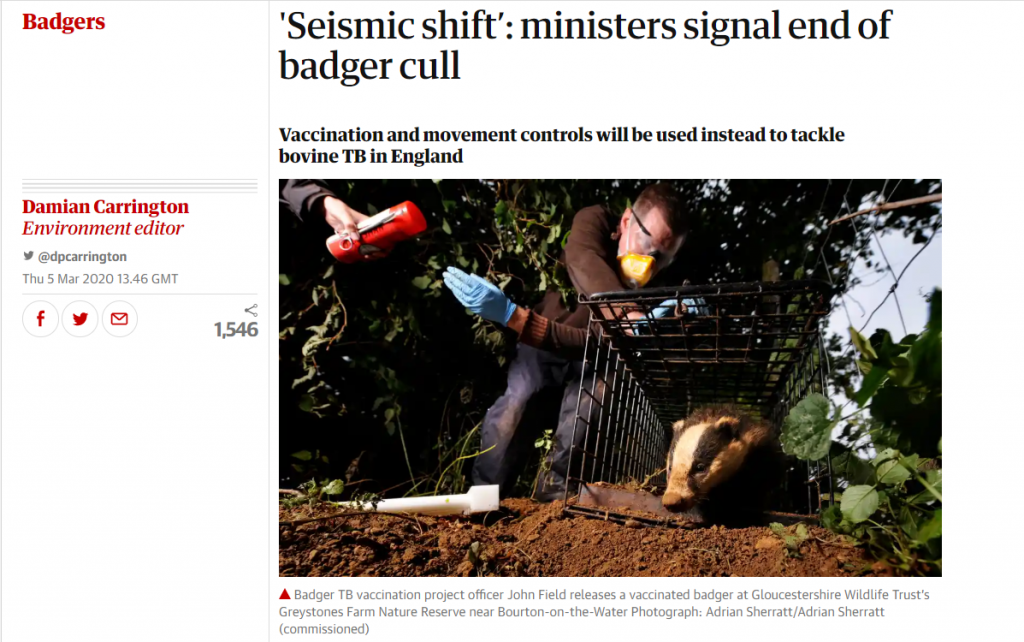
What is the government’s plan?
The government have stated that they will begin to ‘phase out’ badger culling over the next few years with a view to gradually increasing vaccination and putting other restrictions on cattle movements and so on. The ‘phasing out’ in different areas would take place after the 4-year initial cull periods finish in those zones. The government will ‘reserve the right’ to cull badgers in certain areas where there is evidence that badgers are responsible for the spread of bTB (but we all know how little evidence has been needed thus far for them to have gone ahead with the mass killing of over 100,000 badgers already…).
“It will be one less thing for badgers to have to deal with”. What are our thoughts on the matter?
In relation to lawful, government-led badger culling we’re still expecting the killing of badgers to carry on for the next few years – as of early March 2020 it is not yet clear whether new cull zones will be started this year or not, though ‘expressions of interest’ have been received from areas not yet actively culling badgers. It is obviously very welcome news that the government have decided to focus much more on cattle-based measures as opposed to blindly blaming wildlife, but this does not mean that there is not work to be done yet.
Additionally, as one of our team stated on BBC Hereford and Worcester after the press released the news, badgers are not only targeted and killed by lawful means – over the years we have dealt with badger baiting, illegal interference with badger setts (blocking and digging-out by foxhunts, blocking by landowners, the setting of fires on top of entrances, diesel and other substances poured into sett entrances, digging into setts by badger diggers, etc.) and snares being set upon active badger runs. Whether or not the cull goes ahead in future, and to what extent it continues, badgers will not necessarily be safe.
Business-as-usual.
This is not intended to be a ‘doom and gloom’ post however… it is more a ‘what we’ve been saying for a while now’ confirmation. We have been encouraging people over the years (and particularly when the culls rolled out to a much larger extent across the country) to try to incorporate local anti-wildlife-crime activities into their everyday lives as far as possible.
In the first few years of the cull it made sense to throw all of our energy, time and resources into the few existing cull zones where there was a huge amount of noticeable activity going on, shooters being brought in from other areas and a lot of movement on the roads and in the fields. As more cull zones were brought into play across a wider area of the country and more local landowners became their own ‘cull operatives’ we had to act on intel’ received about where and when cull activity might take place and through finding bait points, etc. on our daily checks of badger setts (which happens in the cull zones regularly due to sett-blocking by fox hunts and others, regardless of the status of the cull).
It became very clear that the cull would spread further and activity would become less noticeable (non-local shooters acting as operatives for numerous farmers trying to hit a high kill target in 6 weeks are more noticeable than a few farmers heading out of the house for a couple of hours before Coronation Street starts whenever they feel like it because there’s a smaller kill target to reach between June and January…). Therefore it made sense to act on a local level to a large extent, as opposed to traveling for miles and taking days off work to head into and camp out in a new area. It made sense to start to check your local setts for cages / bait points / illegal interference whilst, for example, walking your dogs or going for your morning jog or a walk at the weekend. Whilst doing so you can also look out for other wildlife crime (because the threats to badgers from various sources are not the only things going on in the countryside unfortunately and we must have a wider focus than just fighting the badger cull itself if we are to have an impact on it).
For more information on what you can do and advice on badger- and other wildlife-related crimes you can send us a private message or, especially in an emergency, call us on 07709 624903 (Gloucestershire Badger Office tip-off / advice / info hotline).

